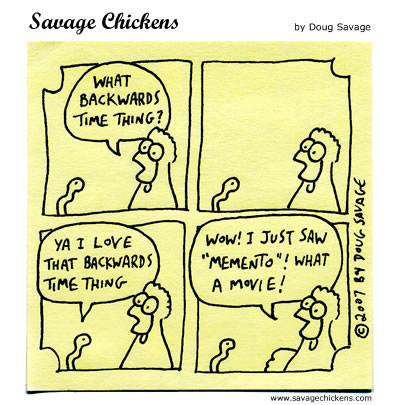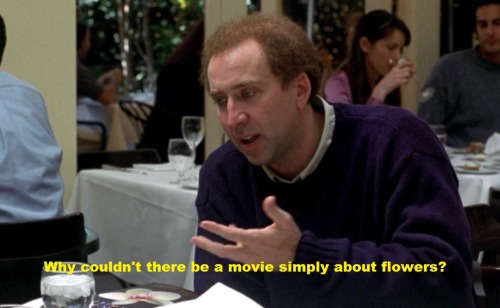The first is Joss Whedon's adaptation of Much Ado. It is literal in that he keeps Shakespeare's language intact. He transcribes exactly from the words of the play. But his adaptation is radical in the change of setting and time. Showing the film in modern-day somewhere, (we know LA is where it was filmed, but they don't ever mention their location) dressing the characters in modern clothes, and updating the functions of characters (being some sort of celebrity instead of royalty/general upper class) brings a new dimension to the story. Whedon is able to make the story more easily relatable while still keeping the not as relatable language. It is strange at first, but as the film goes on the language become more normal. The updated setting of the story makes it easier for us to understand what's going on, and what the character's functions are. Having the characters be some sort of celebrity makes sense to us, whereas general upper class is probably not as easy a concept for us to grasp. But keeping the language allows the original intent to still shine through and drive the story.
Here we can watch as Whedon narrates a key scene:
The second is the BBC adaptation of Much Ado. This version might be more on the radical side of radical-literal, but it's faith to the story makes me comfortable keeping it in the radical-literal category. The BBC version updated everything--setting, language, even some names, but remains extremely faithful to the story. Some things at the end were changed, but I think that goes along well with their modernization of the story. All the updating manages to not get in the way of the story. It is still clearly understood as an adaptation of Much Ado. If anything, like Whedon's version, the updating helps us to see the story in a new way and to understand it better. The newsroom provided new ways for characters to be "spied" on by other characters, and made the security guard figures commonplace rather than confusing.
Here we can see Benedick being tricked and then reflecting on what he's heard:
Both adaptations do excellent work adapting Shakespeare's Much Ado About Nothing, allowing their pieces to stand on their own.





